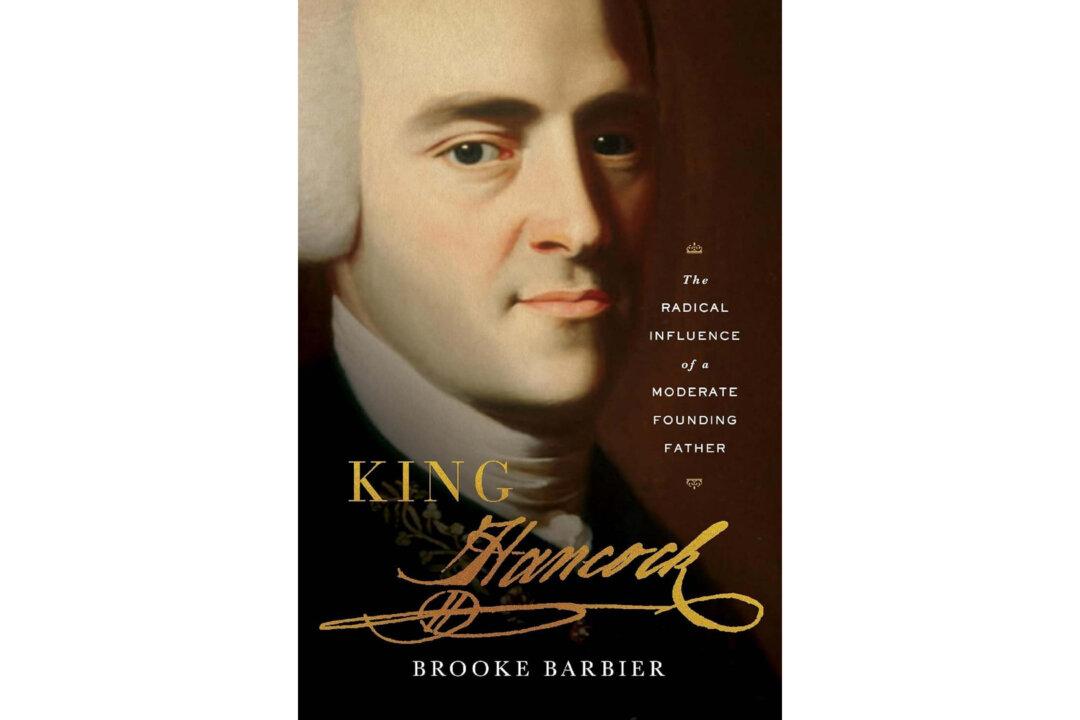In the collection of biographies on the Founding Fathers, there are a plethora to choose from concerning George Washington, Thomas Jefferson, and Benjamin Franklin; a good selection concerning John Adams, James Madison, and Alexander Hamilton; and a sufficient number concerning John Jay, Samuel Adams, and James Monroe.
One recognizable name, given his signature, that has not been lost to history, but does seem to have been lost to the American memory, is John Hancock. If not for his signature on the Declaration of Independence, Hancock’s name might be nearly forgotten along with most of the other 55 signers of the founding document.






